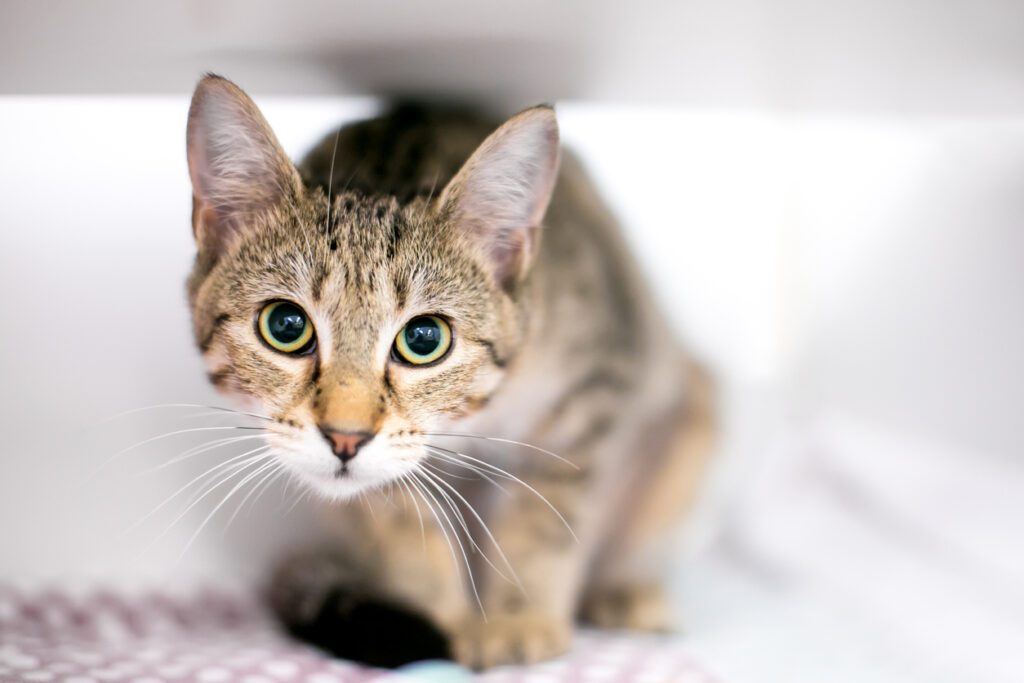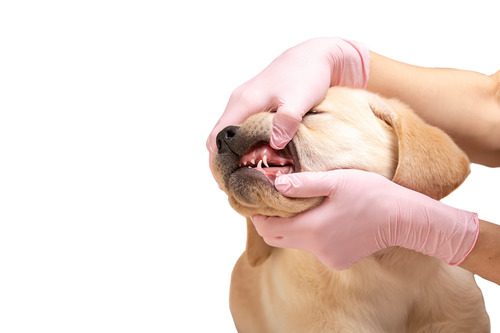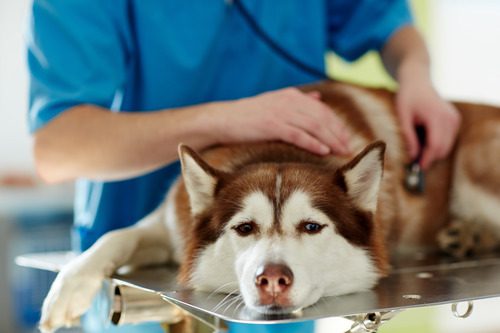Cat Separation Anxiety
Cats are well-known for their independent nature, but that doesn’t mean they don’t form strong attachments to their owners. In fact, some cats can suffer from separation anxiety when left alone for extended periods. Cat separation anxiety is a common problem among cats that can cause them to display various behavioral and physical symptoms when left alone. We’ll examine the concept of cat separation anxiety, its causes, and treatments in more detail in this article.
What is Cat Separation Anxiety?
Cat separation anxiety is a condition that causes cats to become anxious, stressed, or fearful when their owners are not around. This anxiety can manifest in a variety of ways, including vocalizing excessively, destructive behavior, inappropriate elimination, loss of appetite, and hiding. These behaviors can be distressing for both the cat and the owner and may worsen over time if left untreated.
Causes of Cat Separation Anxiety
The exact causes of cat separation anxiety are not fully understood, but several factors are believed to contribute to its development. One of the main factors is early separation from the mother. Kittens that are separated from their mothers too early may have trouble adjusting to being alone and may develop separation anxiety as a result. It is evaluated that the female develops separation anxiety more often than the male cats.
Change in routine
Another contributing factor is changes in the cat’s environment or routine. Cats are creatures of habit and thrive on routine. Any changes to their environment or daily routine can cause stress and anxiety, leading to separation anxiety.
Lack of socialization
One of the factors that can contribute to cat separation anxiety is a lack of socialization. Kittens that are not properly socialized may have trouble adjusting to new people or situations and may become anxious when left alone. Socialization involves exposing kittens to a variety of people, animals, and situations at a young age to help them develop confidence and a sense of security.
Lack of exercise and mental stimulation
Another factor that can contribute to separation anxiety is insufficient exercise or mental stimulation. Cats are active creatures and need plenty of exercise and mental stimulation to stay happy and healthy. Without enough activity, cats can become bored and anxious, leading to destructive behavior and other symptoms of separation anxiety.
Punishment
Additionally, cats that have experienced traumatic events, such as being punished, abandoned or abused, may be more prone to developing separation anxiety. Other factors that can contribute to separation anxiety include a lack of socialization, insufficient exercise or mental stimulation, and genetics.

Symptoms of Cat Separation Anxiety
Cat separation anxiety can manifest in a variety of ways, and the symptoms can vary from cat to cat. Some of the most common symptoms include:
- Vocalizing excessively, such as meowing or yowling
- Destructive behavior, such as scratching furniture or chewing on objects.
- Inappropriate elimination, such as urinating or defecating outside of the litter box.
- Loss of appetite or overeating
- Hiding or becoming withdrawn
- Aggressive behavior, such as biting or scratching.
- Excessive grooming or over-grooming
- Pacing or restlessness
- Trying to runaway
Treatment of Cat Separation Anxiety
If you suspect that your cat is suffering from separation anxiety, it’s important to seek help from a veterinarian. Your vet can rule out any underlying medical conditions that may be contributing to the anxiety and provide guidance on the best course of treatment.
Behavior Modification
One of the most effective treatments for cat separation anxiety is behavior modification. This involves gradually exposing your cat to being alone for short periods of time and rewarding them for good behavior. Over time, you can gradually increase the duration of time that your cat is alone until they are comfortable being on their own.
Medication
In some cases, medication may be prescribed to help manage your cat’s anxiety. Anti-anxiety medications can help reduce stress and anxiety and make behavior modification more effective. However, medication should only be used as a last resort and under the guidance of a veterinarian.
Safe Spaces
In addition to behavior modification and medication, there are several other things that owners can do to help their cats cope with separation anxiety. One of the most important things is to create a safe and comfortable space for the cat to retreat to when left alone. This could be a cozy bed or a quiet room with plenty of toys and other distractions to keep the cat entertained.
Consistent Routine
Another helpful strategy is to establish a consistent routine for the cat. Cats thrive on routine and knowing what to expect can help reduce anxiety. This could include feeding the cat at the same time every day, establishing a regular playtime, and sticking to a consistent sleep schedule.
Familiar People & Objects
Allow your other family members to take care of the cat so that you can form a bond with at least one of them and prevent anxiety attacks whenever you go out of the house.
Owners can also help their cats feel more comfortable when left alone by leaving behind familiar objects that smell like them, such as a favorite blanket or piece of clothing. This can provide a sense of security and comfort for the cat when their owner is not around.
What to Consider
It’s important to note that separation anxiety can be a complex issue and may require time and patience to resolve. Some cats may take longer to respond to treatment than others, and there may be setbacks along the way. However, with the right approach and plenty of love and attention, most cats with separation anxiety can learn to cope and lead happy, healthy lives.
Conclusion
Cat separation anxiety is a common problem that can cause distress for both the cat and the owner. It can be caused by a variety of factors, including early separation from the mother, changes in the environment or routine, and genetics. Symptoms can vary from cat to cat but often include excessive vocalizing, destructive behavior, and inappropriate elimination. Treatment typically involves behavior modification and may include medication in some cases. With patience, persistence, and the right approach, most cats with separation anxiety can learn to cope and lead happy, healthy lives.
If your cat is dealing with separation anxiety, contact Best Friends Veterinary Hospital. Our veterinarians can help identify the causes of your cat’s behavior and work to find solutions that work for both of you. Call us today or request an appointment online.
Recent Posts
About Best Friends Veterinary Hospital
Our veterinarians and staff warmly welcome dogs, cats, and a variety of exotic pets as patients here at our animal hospital, and we offer a host of services to give your unique family member a lifetime of excellent care.





